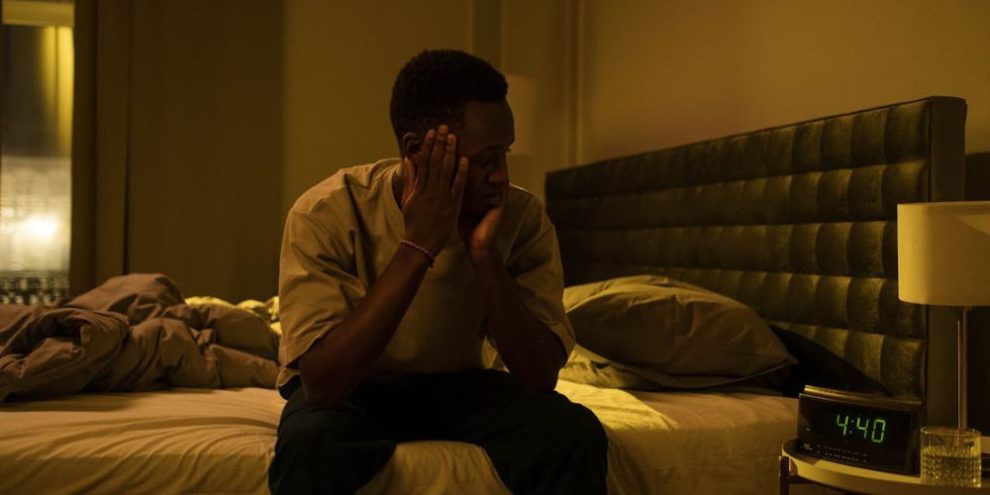
Fall Back is slowly creeping up on us, but some people dread it way longer than they should.
On November 3rd, daylight saving ends, which means we turn the clocks back one hour.
Barrie's News Delivered To Your Inbox
By submitting this form, you are consenting to receive marketing emails from: Central Ontario Broadcasting, 431 Huronia Rd, Barrie, Ontario, CA, https://www.cobroadcasting.com. You can revoke your consent to receive emails at any time by using the SafeUnsubscribe® link, found at the bottom of every email. Emails are serviced by Constant Contact
Doing this results in a little more sleep, but less daylight in your waking hours, as it will be dark by the time you leave work for the night.
A recent study of 2000 people in the US says 40% dread the time change, and some dread it way longer than a single day.
Some respondents reported getting anxious up to 11 days before the actual change, so on October 23rd, they started getting the “Daylight Saving Scaries.”
That feeling lingers for nearly two weeks after the change and doesn't ease up until closer to November 16th.
The time change can have a big impact on people's mood and energy levels messing with their sleep schedule and productivity.
Even though you get one hour more of rest, the lack of sunshine has a negative effect.
37% of respondents say they need more sleep in the days and weeks after daylight saving time ends.
There are a few techniques to help with the adjustment if needed.
Experts recommend trying to go to bed 15 to 20 minutes later each day for a few days leading up to it.
To get sunshine, try getting out as much as possible during the day to get a good dose of vitamin D, or try light therapy.
In the morning, try using blackout curtains if the early sunrise wakes you earlier than you used to.
Feature image via pexels by cottonbro studio





